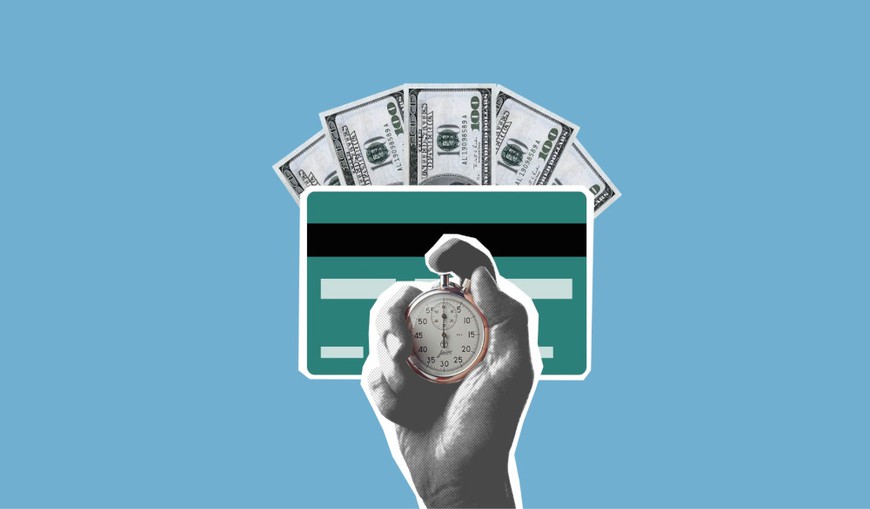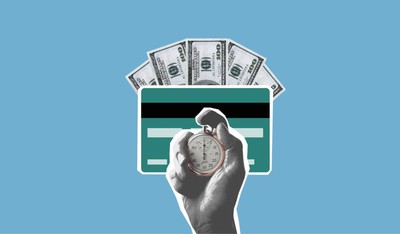

Responsible gaming tools offer some of the most effective ways for players to limit the amount of time and money spent at an online poker room, online casino, or sportsbook.
Any legitimate, reputable online gambling operator will offer inbuilt tools — commonly referred to within the industry as “responsible gaming tools” or RG tools — into their software. These tools can be accessed by players during registration, or at any time after they log into the site.
The most popular responsible gaming tools players will find at legal, regulated sites are:
- Deposit Limits: A way to limit the amount of money deposited on a site on a daily, weekly, or monthly basis. Once the maximum amount has been deposited the player will not be able to deposit any more money on the site until the time period has elapsed.
- Time Limits: This responsible gambling tool limits the time spent on an online gambling site. Once the user has used up their allotment of time, they will be forced to take a break,
- Loss Limits: Setting a loss limit is another variation on a deposit limit. Once a player loses a certain amount of money, they automatically will be logged out and will be blocked from playing any more games for a predetermined period of time.
- Time Outs: These can be set to enforce a predetermined amount of time away from the tables after a certain threshold has been met, such as losing a hand or a big pot. Time outs are a great way to step away and clear your head, especially if you start to find yourself chasing losses.
- Self-Exclusion: Not so much a tool, but self-exclusion is a way for a player to ban themselves from logging on to an online poker room, casino, or sportsbook and this can even apply to the live casino scene as well. It is similar to a Time Out, in that they both involve a forced break for a set amount of time, but self-exclusion usually applies to a longer period, ranging from six months to six years to a lifetime ban. Signing up for self-exclusion can usually be done via the operator’s site or at the state level.
A mix-and-match approach can be used when using these tools so that the perfect combination of preventative measures can be implemented however the player sees fit. Any combination of these responsible online gambling tools will help curb excess spending on time spent on a site. These tools should also be easily accessible through the online poker, casino, or sportsbook software platform and mobile app.
For instance, deposit limits can be used in conjunction with a time limit. The player will set the maximum amount they are allowed to deposit on the site as well as how long they can remain logged in. This helps prevent players from wasting hours chasing their losses and getting sucked into addictive behavior.
But the onus shouldn’t always be on the player to limit play — the operator has a duty of care towards their players. For example, if a player chooses to self-exclude, the operator must not contact them or encourage them to gamble in any way.
Going a step further, top tier operators such as PokerStars’ parent company Flutter and Unibet’s parent company Kindred Group have implemented impressive systems to monitor whether players are gambling online within their means or if there needs to be an intervention from the operator to curb what the player is spending.
For instance, the UK & Ireland brand of Flutter recently revealed to responsible gambling site Sports Shield that it carries out financial checks early in the customer journey for anyone who might be gambling more than they can afford.
Working on this blueprint, Flutter created the Affordability Triple Step to make the financial checks as robust as possible.
“It works by having three layers of protection,” Luke Sugden, Director of Risk and Safer Gambling for Flutter UK&I told Sports Shield. “Firstly, identifying financial red flags (such as bankruptcies) at registration; secondly, ongoing and real-time monitoring of all customers; and, thirdly, bespoke spending backstops, which means that we can support players throughout the customer journey, helping us to keep gambling a safe and enjoyable experience for all our customers. We believe there need to be lower backstops for younger customers as, generally, they have lower affordability and are at higher risk of potential harm.”
“As with everything in life, it’s not possible to remove 100% of the risk from any activity. Our aim is to minimize the risks as much as possible to keep our customers safe and to provide the best possible support if things do go wrong,” Sugden adds.

